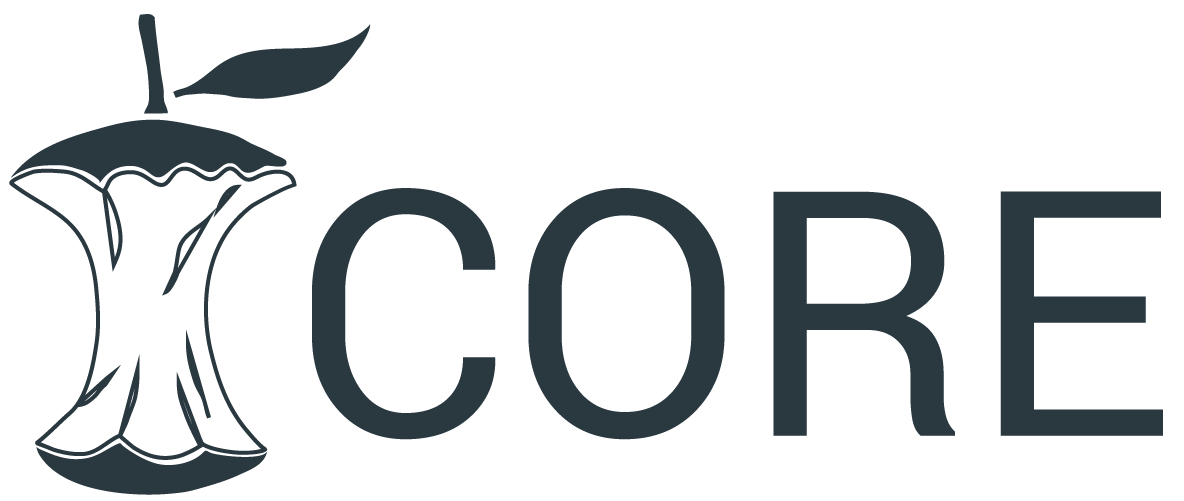Digital Communication Strategies and Transmedia Branding
Keywords:
brand management, digital communication, digital journalism, professional ethics, transmedia narrative, virtual communitiesSynopsis
The book Strategies of Digital Communication and Transmedia Branding critically examines the impact of digital transformation on organizational communication, journalism, and the management of digital communities, focusing on how brands and media build meaningful connections with their audiences in hyperconnected environments. In a context marked by technological convergence, artificial intelligence, and the emergence of new platforms, this work offers an analysis of contemporary digital communication practices, emphasizing ethics, innovation, and user participation. The methodology employed in the various chapters is based on qualitative and exploratory approaches, including literature reviews, documentary analysis, and case studies that reveal how organizations and media adopt transmedia narrative strategies and user-centered communication practices. The results presented in each chapter show that success in digital communication depends on the effective use of technological tools and the ability to integrate ethical values, cohesive narrative structures, and bidirectional relationships with audiences. It is observed that the most effective brands are those that promote content co-creation, strategically use multiple platforms, and respect the handling of personal data; while digital media that prioritize transparency, fact-checking, and immersive storytelling strengthen their credibility. Regarding community management, good practices are identified that transform this role into a strategic function aimed at building digital reputation and managing crises with sociotechnical sensitivity. Likewise, transmedia design is proposed as a strategy to provoke audience engagement across multiple digital spaces. The book’s general discussion highlights the need to rethink the foundations of digital communication from a critical, ethical, and transdisciplinary perspective that acknowledges the new challenges of the digital age without losing sight of the communicators’ social responsibility. Overall, the book provides a conceptual and practical framework for academics, professionals, and students interested in understanding and applying the most current strategies in digital communication, branding, and transmedia narratives.
Chapters
-
Digital business communicationInnovation, ethics, and strategies for building brands and transmedia narratives
-
Brand management – digital branding
-
Digital communication and community management
-
Journalism on digital platforms
-
Analysis of the impact of transmedia design on the engagement of digital audiences
Downloads
References
C. Gallery, “Marketing to the hyper-connected consumer,” in Fashion Business and Digital Transformation, London: Routledge, 2024, pp. 143–177. doi: 10.4324/9781003364559-10.
R. M. Rasit, N. A. K. Zamri, N. N. Rahim, and D. Anggrayni, “Developing a Marketing Strategy for Shariah Compliant Content Through the Concept of Transmedia Storytelling in Digital Media,” 2025, pp. 327–345. doi: 10.1007/978-3-031-71526-6_29.
P. Escandón-Montenegro and F. A. Vaca, “Construction of a transmedia project for an imagined community,” 2024, pp. 20–32. doi: 10.2991/978-94-6463-596-6_3.
B. Shin et al., “A systematic analysis of digital tools for citizen participation,” Gov. Inf. Q., vol. 41, no. 3, p. 101954, Sep. 2024, doi: 10.1016/j.giq.2024.101954.
J. M. Henao Bermúdez, M. A. Henao Argel, and L. T. Ordoñez-Mora, “Approaches to Transmedia and Digital Narratives in the Context of Social Advertising,” Kepes, vol. 22, no. 31, pp. 127–156, Jan. 2025, doi: 10.17151/kepes.2025.22.31.6.
A. Nuzzaci and D. Maviglia, “Opportunities and Risks of Digital Hyperconnectivity,” in Transformations in Digital Learning and Educational Technologies, IGI Global, 2025, pp. 41–74. doi: 10.4018/979-8-3373-3678-7.ch003.

Downloads
Published
Online ISSN
Categories
License

This work is licensed under a Creative Commons Attribution-NonCommercial-ShareAlike 4.0 International License.









